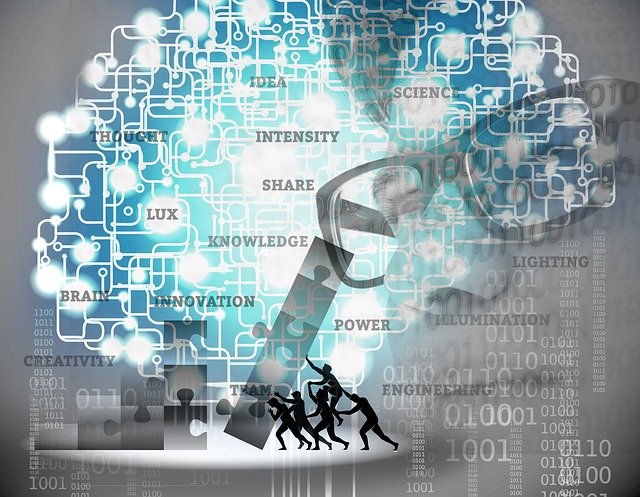Following the rise of digitalization, heightened numbers of world-renowned organizations, such as Amazon, Tesla, Uber, and many more, have embraced the technical abilities of automation. That said, however, it’s believed that small businesses are leading the charge in relation to their use of labor-saving technology. So, let’s take a look at three examples of smaller companies that have successfully adopted AI and automation.
Bitcoin Revolution
In recent years, the implementation of both artificial intelligence and automation has become central to the long-term success of a wide array of diverse sectors. Crucially, this has resulted in modern-day technology altering the outlook of the trading industry. Fundamentally, while there are many reasons why small businesses have sought to integrate automated software, many of them do so in an effort to reduce costs and improve the speed at which their service operates.
This approach of speed, combined with convenience, is evident within Bitcoin Revolution. The service itself is a fully automatic trading robot that is designed to trade cryptocurrencies using the data provided by sophisticated algorithms. As a result, this means that the platform’s members only need to dedicate a few minutes of their time to achieve profitable results. Moreover, the Bitcoin Revolution app in the UK functions through its use of advanced programming technologies. In turn, this enables it to independently conduct market research, as well as placing orders.
Chowbotics
Aside from the technology that surrounds the trading industry, the food and drink sectors have also taken steps to automate their typically consumer-faced service. A prime example of this comes in the form of Chowbotics’ automated made-to-order meal service. Since being founded in 2014, the Californian company has made significant strides regarding revolutionizing the catering industry. Primarily, they’ve been able to provide an automated service through the development of the world’s first fresh food robot.
<iframe width=”560″ height=”315″ src=”https://www.youtube.com/embed/1hOx5QLIpEI” frameborder=”0″ allow=”accelerometer; autoplay; encrypted-media; gyroscope; picture-in-picture” allowfullscreen></iframe>
Much like Bitcoin Revolution, Chowbotics’ robot, named Sally, guarantees prospective consumers a time-efficient service. The development uses groundbreaking robotics to assemble meals, according to the company’s official website. Crucially, the six-year-old business’s use of automation has provided the industry with a forward-thinking route to making, selling, and dealing with fresh food.
The Yes
By definition, there are subtle differences between artificial intelligence and automation. Generally speaking, AI refers to programming machines to mimic human behavior, while automation, on the other hand, relates to the act of being able to do things without human intervention. Over the last few years, both have become instrumental to established fashion retailers, such as H&M and Zara. However, AI, in particular, is proving undeniably beneficial to small fashion businesses.
The Yes, which was founded by Julia Bornstein in 2018, plans on transforming the nature of the fashion industry through completely replacing personal shoppers with AI software. Through a selection of questions, the technology-centered retailer aims to independently tailor digital shopping experiences to each respective shopper. In turn, this will provide a platform allowing The Yes to compete with well-known retailers over the coming years as a result of their AI-focused service.
Automated Services are Helping Small Businesses Thrive
Ultimately, few can argue against the fact that both AI and automation are proving to be central to the growth of a whole host of small businesses. Crucially, the above services place user convenience at the forefront of their long-term plans. Because of this, it allows them to expand their audience base, and, perhaps more importantly, impact upon the outlook of their respective industries.




